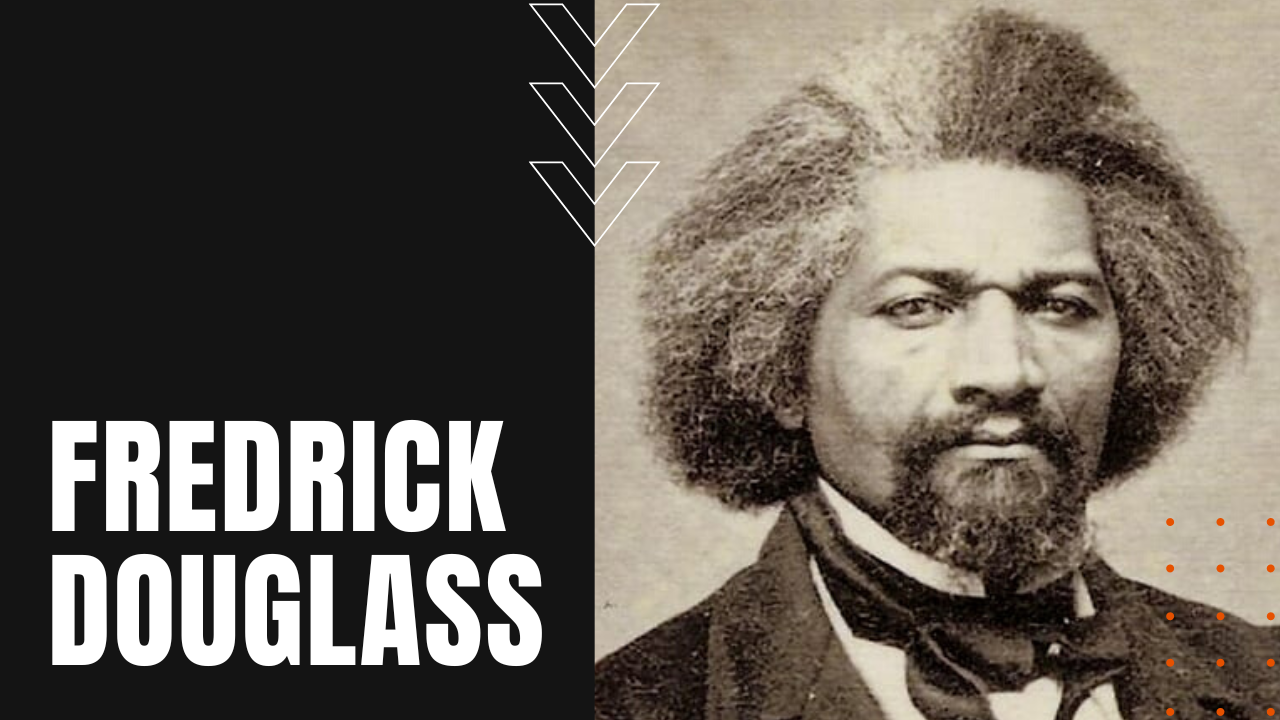Fredrick Douglass: Slavery, Literacy, Escape, Activism and More

How Did Fredrick Douglass Learn to Read?
Born into slavery in 1818 Talbot County Maryland, Frederick Douglass was sold repeatedly as a boy and a young man, eventually landing in Baltimore, where housewife Sophia Auld taught him the alphabet. After he taught himself how to read and write, Douglass was sold to a brutal slave owner, Edward Covey, after Douglass was caught teaching reading and writing to other slaves in the city.
Fredrick Douglass Escapes
Flogged repeatedly by Covey, after several failed escape attempts, Douglass made his way to freedom, first into New York before settling in Massachusetts, where he married Anna Murray in 1838, beginning a loving union that witnessed the birth of five children.
Traveling Abolitionist
In 1843, Douglass joined the American Anti-Slavery Society’s “Hundred Conventions” project, where he spent six months in various American cities, delivering speeches on abolition that frequently led to physical assaults against him, including a broken hand in Pendleton Indiana that permanently limited the use of his right hand.
Authoring multiple autobiographies about his journey from slavery to freedom, Douglass delivered abolitionist speeches as far afield as Ireland and the United Kingdom, where he said in his “London Reception Speech,”
“What is to be thought of a nation boasting of its liberty, boasting of its humanity, boasting of its Christianity, boasting of its love of justice and purity, and yet having within its own borders three millions of persons denied by law the right of marriage?”
Fredrick Douglass
By 1847, Douglass began publishing his own abolitionist newsletter called the North Star, at the same time championing the women’s rights movement by attending the first women’s suffrage gathering now known as the Seneca Falls Convention of 1848.
Douglass’ Official Government Positions
During and after the Civil War, Douglass served in many official government positions, including the first African American ambassador to the Dominican Republic. He also became the first African American to receive a vote for President of the United States during the Republican National Convention of 1888, passing away in 1895 from a heart attack he suffered on his return home from a National Council of Women meeting in Washington, D.C., making the life and convictions of Frederick Douglass, an early voice in a nation’s slow embrace of equal rights.
